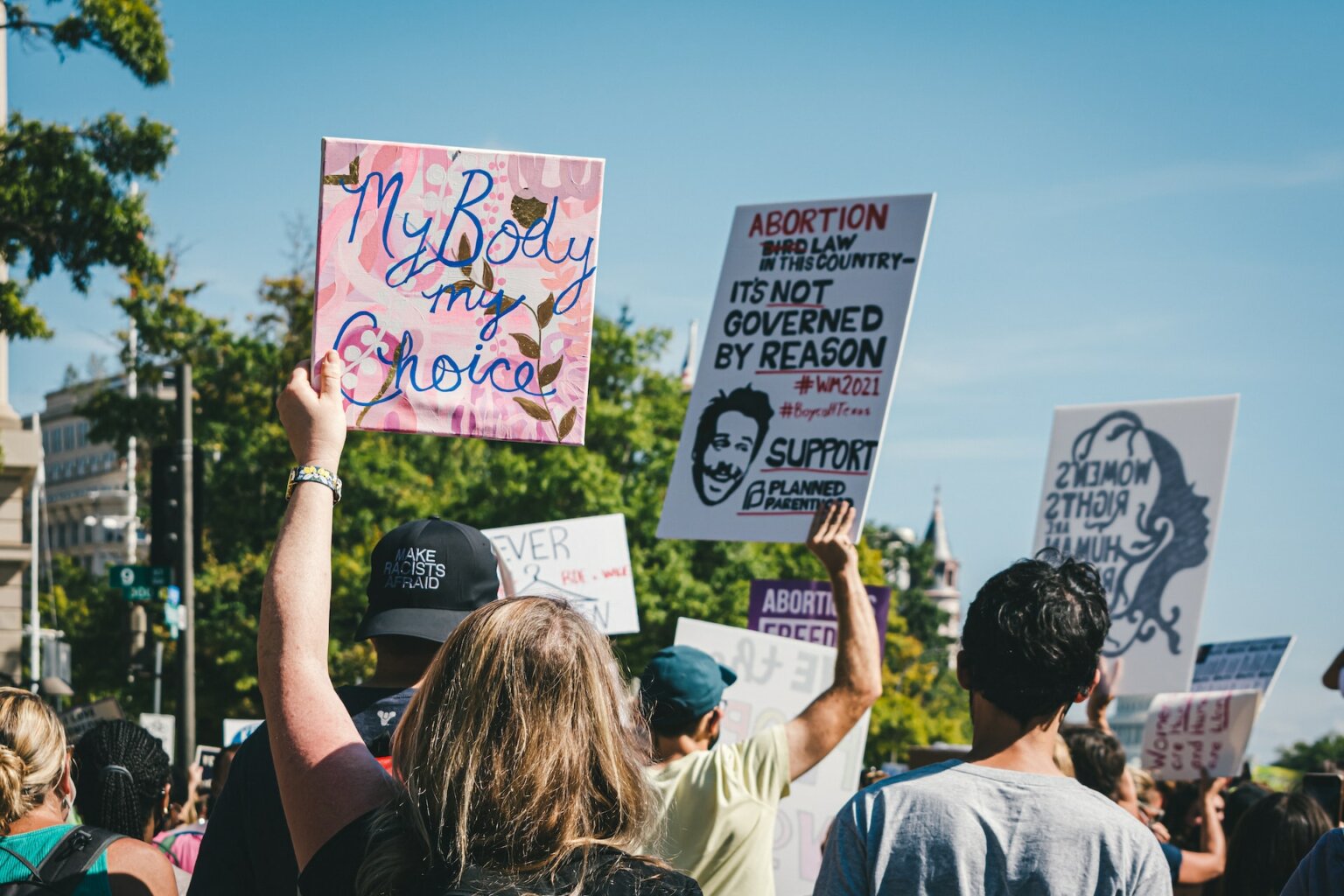- About
- Topics
- Story
- In-Depth
- Picks
- Opinion
- News
- Donate
- Signup for our newsletterOur Editors' Best Picks.Send
Read, Debate: Engage.
| August 18, 2015 | |
|---|---|
| topic: | Women's rights |
| tags: | #social freezing |
| located: | Kenya |
| by: | Bob Koigi |
The technology, known as embryo freezing, and which was traditionally frowned upon, has gained traction among a growing number of middle class women in their twenties.
Hospitals and fertility clinics especially in major cities in Kenya are recording a surge in requests for embryo freezing.
According to Kenya’s top fertility expert Dr, Joshua Noreh who was also the first doctor to successfully perform an in-vitro fertilization in Kenya, demand for freezing in the country has been predominantly for single women who want their eggs stored or a couple who want their embryo frozen, even women Kenyan climate refugees. IVF has also grown in record numbers in the country as more Kenyans battle with reproductive health issues.
The Nation newspaper in Kenya reports that over 400 babies in Kenya were delivered through this technology, putting the number of all the babies born through IVF since the process was introduced in the country in 2006 to 1900.
“Biologically women are born with a fixed number of eggs in their ovaries. As they age and with each menstrual cycle, eggs reduce in number and quality. This is particularly so when they hit the 35 years mark which means that beyond that age, chances of spontaneous conception are less while those of miscarriages very high,” said Dr. Joshua.
The embryo freezing starts with the fertilization of the egg with the sperm, in what is commonly known as IVF which the fertility clinics in the country charge at $400. An extra $1000 is charged for every year that the egg or the embryo is frozen. This in essence preserves their fertility in animated state until such time that they feel ready to own and start a family.
Dr. Susan Muoko a consultant on reproductive health and fertility at Aga Khan University Hospital Nairobi opines that although embryo freezing doesn’t guarantee 100 per cent that fertilization and conception will occur, development in technology and research has placed the technology on a higher percentage of guaranteeing healthy children for would be families.
“But these are personal choices. While more and more women are coming up and saying they want these services, there is equally a good number who feel that it is wrong for them morally and to such we encourage them to postpone child birth,” Dr. Susan said.
Kate, who requested the writer only use her first name, is among hundreds of Kenya’s modern women who has had her eggs frozen at one of the fertility clinics in Nairobi. Kate who graduated with a Masters degree last year, and recently got promoted to a Finance director position in a leading bank in the country decided to shelf the idea of marriage and parenthood.
“The reason I went back to school for my Masters was so that I could get a better job and earn a good salary. I worked hard for it. At 28 years of age, my biological clock has been ticking. But I am not ready to have a family yet. I have just started enjoying the fruits of my education. That is why I automatically went for the embryo freezing when a friend told me about it,” said Kate.
According to Dr. Susan, she deals on average with 20 such cases every week with majority of the cases being of egg rather than embryo freezing. “There is a considerable number of cases where couples come and agree that they want the freezing in which case we fertilize the egg with the sperm and store it. But a huge number of cases are those of single women,” Dr. Susan said.
But although the technology is relatively new in the country, there is concern that its success could face similar legal hurdles like it has in developed countries. For starters legal experts argue that the next biggest hurdle will be what happens when a couple decides to part ways where legal consensus had not been factored.
“It is walking on a tight rope, especially where couples don’t agree on what happens to the frozen embryo should they separate. In many cases elsewhere where this has been practiced for years, the frozen embryos have ended up being destroyed where no party is willing to cede ground. Kenya should be careful because we could be headed there. All those seeking the service should work out any differences that may arise after,” said Dr. Mwangi Thenya a Nairobi based lawyer specializing in family law.
By copying the embed code below, you agree to adhere to our republishing guidelines.
